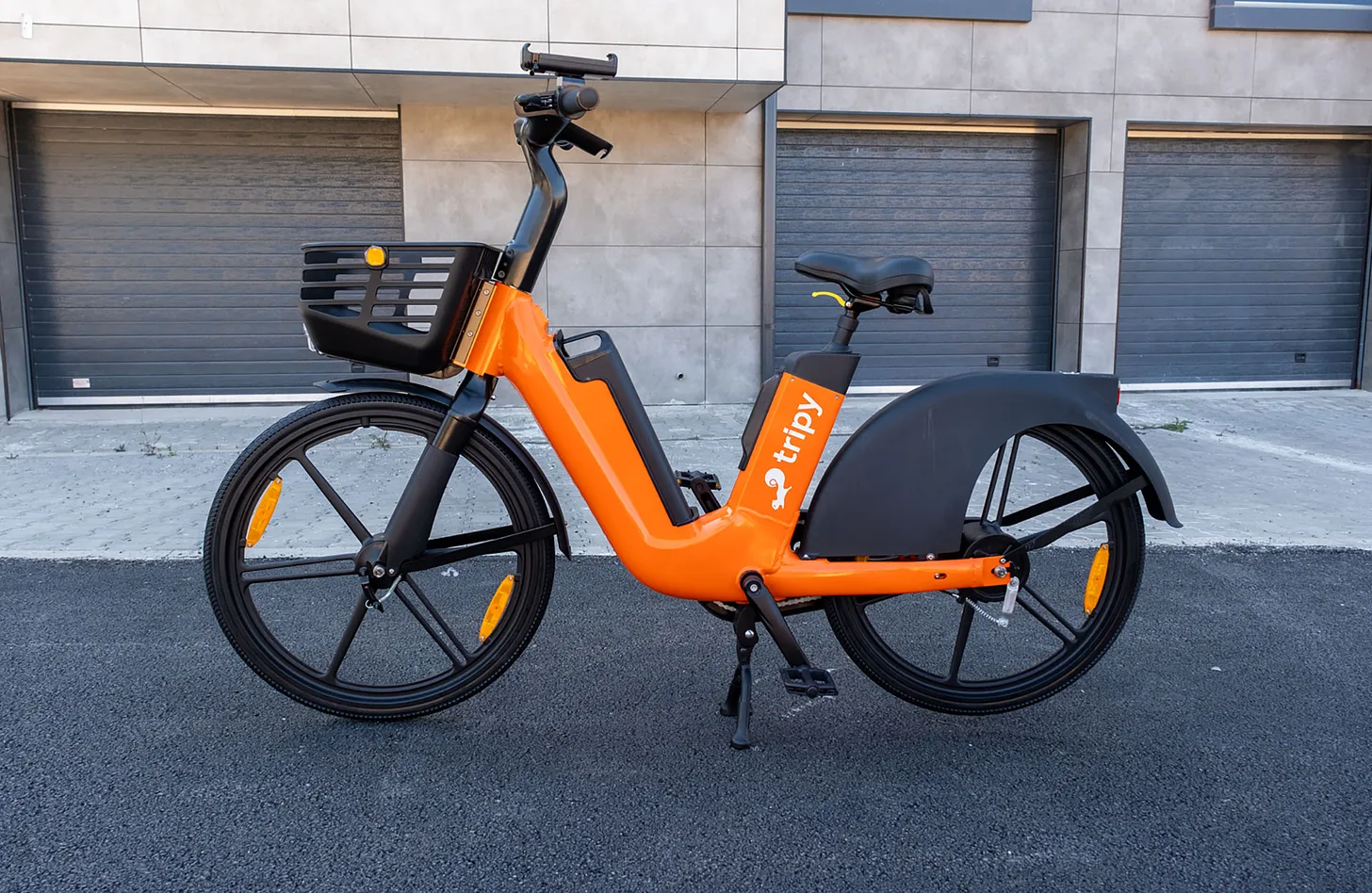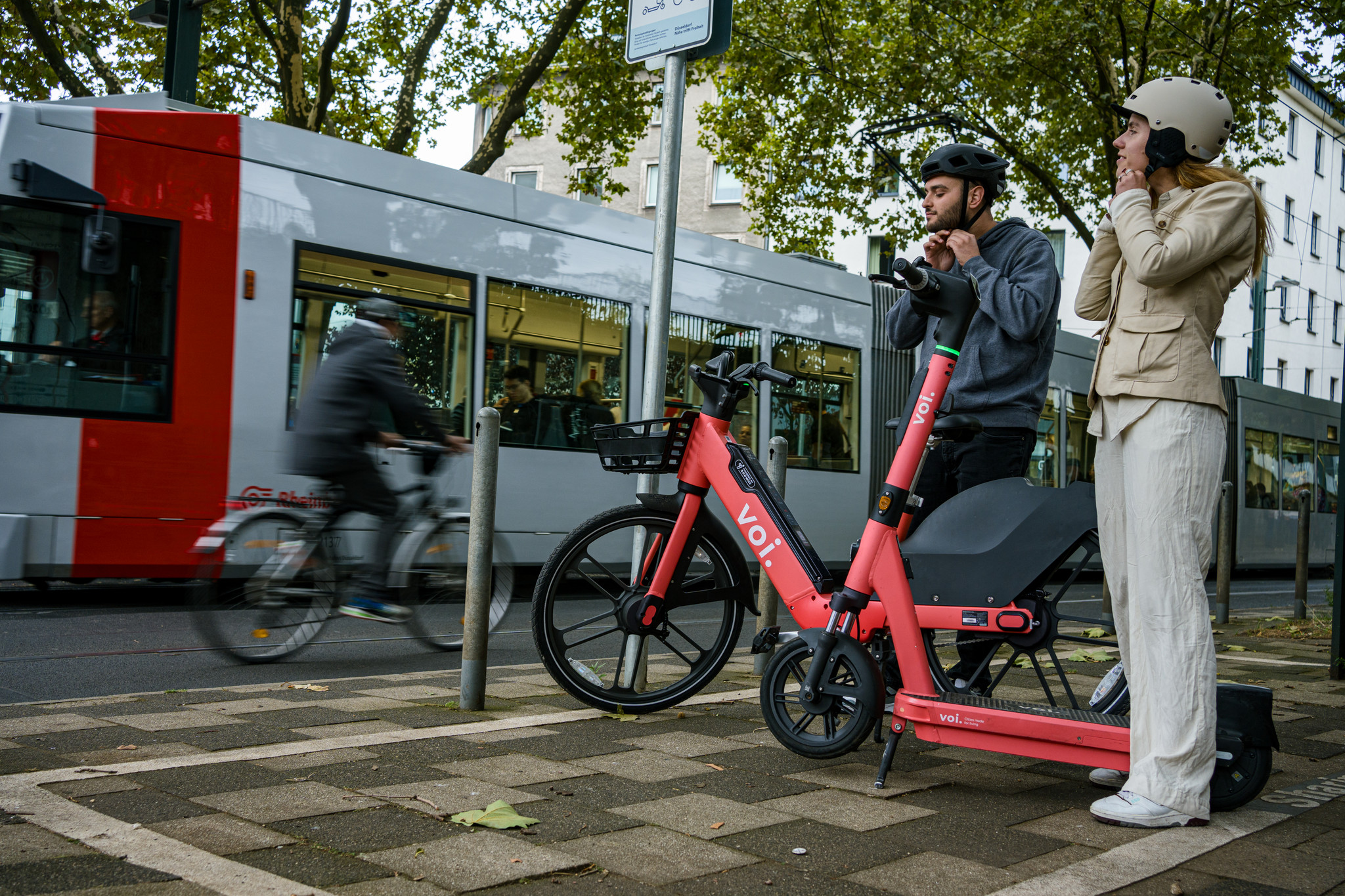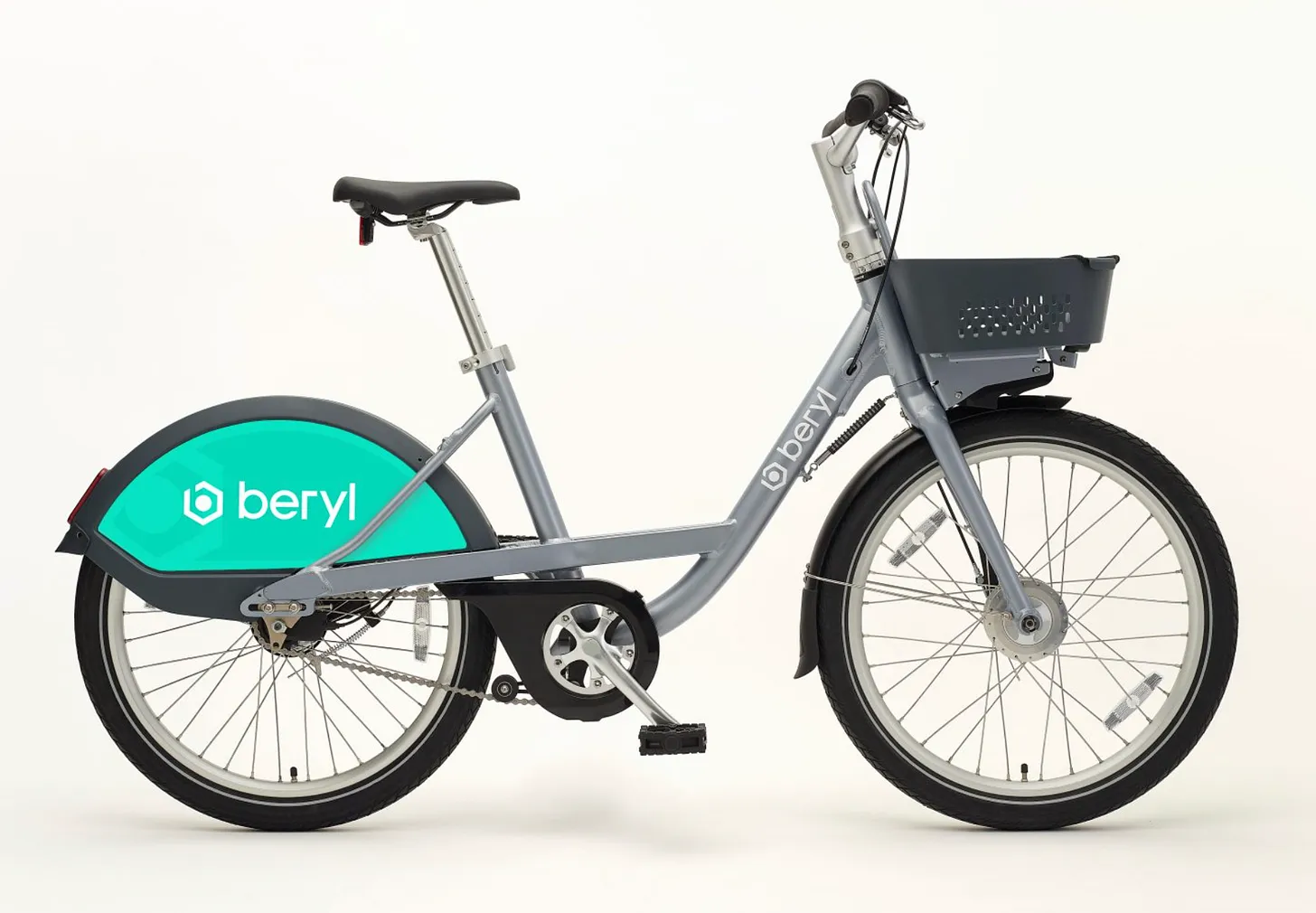Welcome to the Micromobility Newsletter, your weekly digest of important events and industry news in the world of personal transportation.
Webinar in 1 Hour!

There’s only 1 hour until our can’t-miss webinar about the digital transformation of the micromobility sector kicks off. We’ll be joined by experts from Autodesk and Stilride, a Swedish moto maker that is revolutionizing manufacturing with their unique approach based on industrial origami, to discuss:
- 👷♀️ Streamlining the product development lifecycle for small EVs
- ⛓ Navigating challenges the industry is facing with manufacturing and supply chain management
- 🤖 Leveraging AI and other digital technologies to bring best-in-class products to market
Don't miss out on this opportunity to learn from technology and industry leaders. We’re going live here in 1 hour.
What You Need to Know Today
When it comes to e-bikes, the US lags behind many European countries, including the Netherlands, Belgium, and Germany, where electric models account for a majority of bike sales. But despite the slow start, experts believe US e-bike sales could reach 50% market share by 2030.
US trade regulators find there is a reasonable indication that imports from China are materially hurting US producers of low-speed vehicles (or what are colloquially known as golf carts). Alleged dumping margins for Chinese imports are reported to be nearly 500%. This initial ruling paves the way for continued in-depth antidumping and countervailing duty investigations.
Amazon just opened a new e-cargo bike microhub in Berlin. The microhub, which will rely on Mubea e-cargo bikes, is projected to deliver more than 1.5 million parcels per year.

The USDOT delivers a warning: In order for the US to reach its decarbonization goals, Americans need to reduce how much they drive.
Amidst major global market sell-offs this week, Ola Electric's $734M IPO was fully subscribed in two days. The new investment will be used to boost in-house battery cell production.
Lime is launching two new shared e-bikes with women and older riders in mind. The LimeGlider resembles a bike but has no pedals and is powered via a throttle, while the LimeBike is a conventional e-bike that features a throttle for easier acceleration and pedal assist. Both models have a very low step-through frame for enhanced accessibility for riders with mobility limitations.

Capitalizing on high EU-imposed tariffs on Chinese imports, Portugal has quietly emerged the European leader in bicycle manufacturing, exporting more than 3 million units each year.
Honda has been slow to deliver electric two-wheelers to the Indian market. Is it missing out, or will its size and market reach allow it to achieve long-term market share in India?
Indian motorbike-taxi startup Rapido has reached unicorn status with its latest $120M funding round, led by WestBridge Capital. Rapido’s strong growth can be attributed to its focus on two-wheeled transportation in congested city centers and its partnership with food delivery company Swiggy.

Rad Power has been hit with another round of layoffs, mostly affecting its product development team. This is the sixth time the US e-bike company has cut staff since 2021.
Cowboy is launching an e-bike subscription service with Blike.
At least a dozen cities in China are experimenting with offering shared hydrogen-powered bikes to their residents, but the ecological results have mixed. “The main advantage of hydrogen as an energy source is that it has much higher energy density, meaning a hydrogen tank with the same weight as a lithium battery would produce more energy and power the vehicles to go farther. However, that advantage only kicks in for trips over 800 kilometers, says Mark Z. Jacobson, a professor of civil and environmental engineering at Stanford University. That means hydrogen is a more economical choice for long-distance transportation like ships, planes, and trucks. Bikes, however, are almost on the exact opposite end of the transportation spectrum.”

Like what you’re seeing here? Ride along with us every week for free.
Twitter | YouTube | LinkedIn | Instagram | Blog | Podcast

.svg)
%2Bcopy.jpeg)


.svg)












